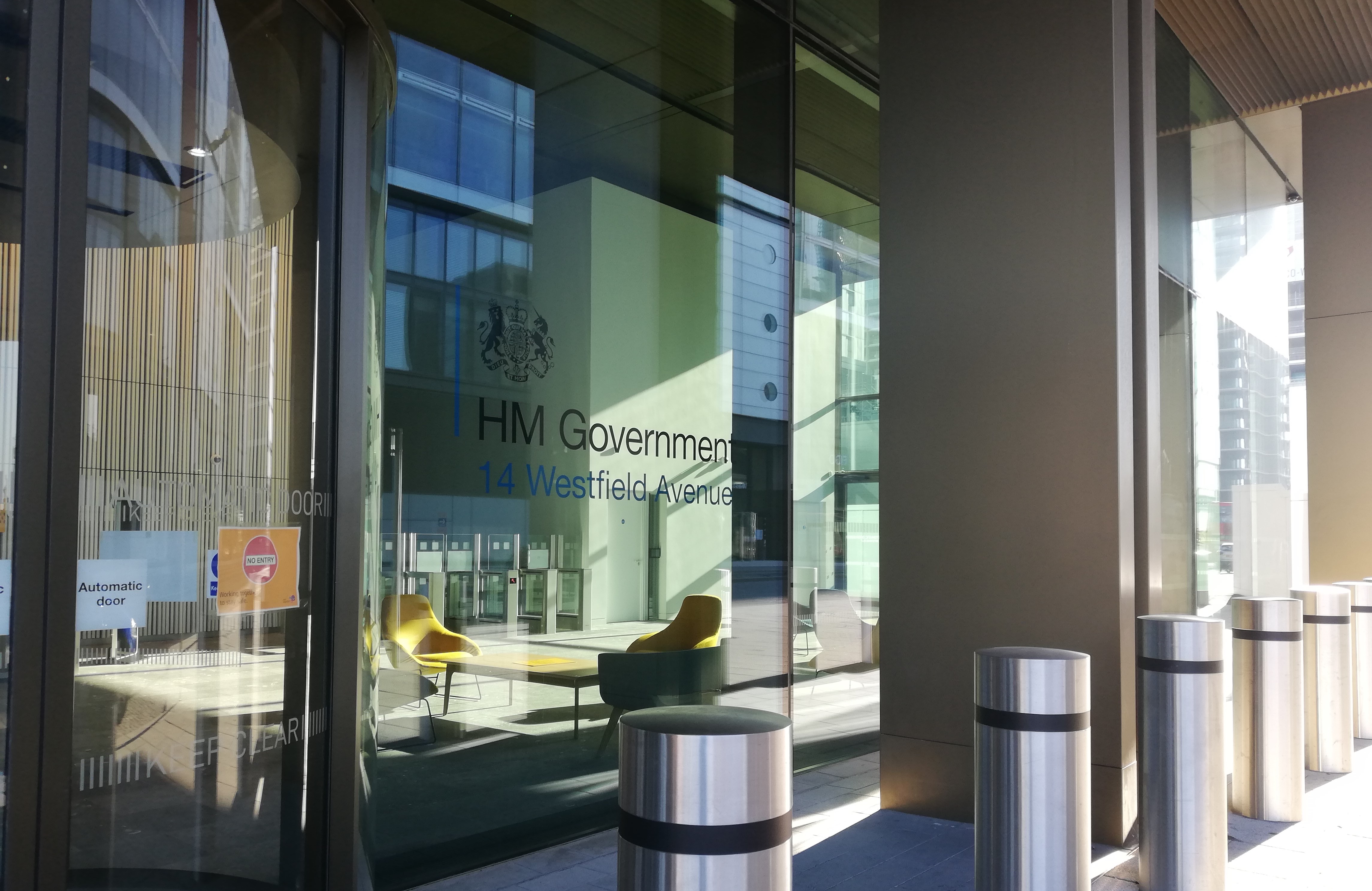An increase in the number of extreme heat events counts amongst the most important emerging risks, according to research published this week by Swiss Re. Its latest SONAR report points to longer, hotter heatwaves and their increasing cost to human life and infrastructure.
Up to half a million people globally succumb to the effects of extreme heat each year, exceeding the combined impact of floods, earthquakes and hurricanes. Swiss Re’s report looks to highlight the impact of this “invisible peril” on such industries as energy and telecommunications.
"Extreme heat used to be considered the 'invisible peril' because the impacts are not as obvious as…other natural perils," says Jérôme Haegeli, Swiss Re's group chief economist. "With a clear trend to longer, hotter heatwaves, it is important we shine a light on the true cost to human life, our economy, infrastructure, agriculture and healthcare system."
There is clear evidence that extreme heat events are happening with greater severity, frequency and duration. July 2024 saw the hottest three days ever recorded on earth. Data is also emerging to show that, since the 1960s, heatwaves in the US are now three times more prevalent, are almost a full degree hotter and last a full day longer.
Extreme heat events can have a large impact on human health. Recent data show that around 480,000 deaths per year can be attributed to extreme heat events. Heat stress can lead to exhaustion, heatstroke and organ failure, while exacerbating cardiovascular and respiratory diseases. People at an advanced age and pregnant women are especially vulnerable.
Heatwaves coinciding with strong winds can also increase the likelihood of wildfires. According to Swiss Re Institute, global insured losses due to wildfires reached the equivalent of £62bn between 2015 and 2024.
Patrick Raaflaub, Swiss Re's group chief risk officer, says: "Amid an increasingly interconnected risk environment, insurers are having to continuously adjust the scope of their risk horizon. Between the growing risk of extreme heat events, emerging liability risks or the changing scope of AI-related risks, it's clear the conversation must evolve beyond individual topics to examine how large macro trends are now reshaping today’s risk landscape."
Further report findings (Source: Swiss Re SONAR)
The SONAR report reveals that a range of industries are vulnerable to extreme heat events. For example, the telecommunications industry faces significant risks from failing cooling systems in datacentres or damage to terrestrial cables.
Liability risks have already started to emerge, with corporates and institutions facing legal action for failing to mitigate heat-related harms. A 2021 lawsuit saw a US plaintiff seeking US$52bn from fossil fuel companies for losses caused by climate change-induced extreme weather events. Extreme heat is therefore set to intensify litigation which, in turn, drives up liability claims for insurers.
Extreme heat events can also exacerbate other emerging risks. These include novel risks such as toxic fungi, which thrives in warmer temperatures and can invade the human body; as well more well-known risks, including crop failure and workers' compensation claims from employees exposed to extreme heat conditions.
Printed Copy:
Would you also like to receive CIR Magazine in print?
Data Use:
We will also send you our free daily email newsletters and other relevant communications, which you can opt out of at any time. Thank you.











YOU MIGHT ALSO LIKE